|
My, how the world has changed! We've all heard about how difficult it is to get children into "the best" preschools these days -- how you basically have to get your kid on "the list" when you're still pregnant. And, of course, we've all heard parents brag about how many numbers, letters, and words their impossibly-young-year-old knows. In fact, a lot of kindergartens now recommend that kids know letters, numbers, and even basic addition and subtraction before the start of the school year (meaning kids show up having learned fractions). Which, in this psychologist's opinion, is counterproductive. The best way to give your child a creative, entrepreneurial mind has nothing to do with flashcards. But we'll discuss this more later. That's not how it used to be! Here's a checklist to see whether your child is ready for first grade, taken from Your Six-Year-Old: Loving and Defiant, by Louise Bates Ames, Ph.D., in 1979: 1. Will your child be six years, six months or older when he begins first grade and starts receiving reading instruction? Teachers and parents in the 70s understood many things that adults today seem to struggle with. Like: 1) The world is a very safe place. In fact, it's actually safer now than it was in the 1970s, as kidnappings and violent crime rates are both down. As I wrote in Playborhood Your Neighborhood: The Best Gift You Will EVER Give Your Child: In 1999, only 115 children nationwide were victims of a “stereotypical kidnapping” by a stranger; the overwhelming majority were abducted by a family member. That same year, 2,931 children under 15 died as passengers in car accidents. Driving children around is statistically more dangerous than letting them roam freely. Arguably, the only way in which today's world is more dangerous is that, in some places, there are more cars on the roads. There's an easy solution to that: Setting clear boundaries for your kids (e.g., Don't cross Walnut Street; You can play anywhere on this side of the street, but not that one; Remember to look both ways; etc.) and working with the adults in your community will help reduce the risk presented to kids by cars. 2) Outdoor play is important for kids' development. Running up and down hills, climbing trees, jumping, throwing, biking, exploring -- these are all important for a kid's gross motor skills development. These are the skills that allow your child to function without your help -- and to manipulate the world around them. Being a child is all about figuring out your own limits, and how to become masters of their own environment. I mean, think about every children's book or movie ever. What's the first thing that happens? The parents die, or are kidnapped, or sent off to war, or somehow removed from the picture. Only then can the child conquer their demons (literally or figuratively). This theme is so widely prevalent because childhood isn't just about love and magic... it's also about developing your sense of self. With constant adult supervision and insufficient outdoor play, kids miss out on important muscle development, as well as important lessons in self-efficacy, self-regulation, and self-empowerment. Many parents today shudder at the idea of sending their kids on a 4-8 block mission alone. They're not sure if their kids can do it. All first graders used to be able to do it -- so either you're underestimating your child, or you've stifled them. 3) It's kind of pointless to slave drive young children academically -- their brains, like their bodies, develop at different rates. If the part of your brain that processes math concepts hasn't developed yet, you can't do math. Maybe your verbal skills are good enough that you can remember, "If someone says, 'What's 2+2?' I'm supposed to say, '4.'" But that math isn't actually enriching, fun or meaningful to you. Before the start of fourth grade, it's extremely hard to tell if differences in classroom achievement are due to ability or maturity. As I once wrote in There's a Reason Most Schools Don't Have a "Gifted Track" Till 4th Grade, Just because you’re the tallest in your class when you’re 3 doesn’t mean you’ll still be taller at 8. The other kids might catch up – or even beat you! It's pretty well-documented, at this point, that the most meaningful and lasting learning happens through play. Not flashcards. Not memorization. But play. Through developing your own imaginary worlds and your own rules. Through exploring activities you're truly interested in. *** So how can you, as a parent, help your child achieve this most meaningful and lasting of learning? First, read Playborhood Your Neighborhood. Do everything it says to do in the post to set up a safe, fun, collaborative play community in your neighborhood. Make it a priority. If you need more help, order Mike Lanza's book, Playborhood: Turn Your Neighborhood Into a Place of Play. If that doesn't inspire you, I don't know what will. Next, read Last Child in the Woods: Saving Our Kids From Nature Deficit Disorder. Richard Louv does a much better job than I can of explaining why the outdoors are important for a child's physical, cognitive and emotional health. Finally, think about ways that you can help enrich your child's play. If they love watching or collecting bugs, let them! Encourage them! Give them jars to put the bugs in. Read them books about bugs at bedtime. If it snows where you live, order them an ant farm to keep their minds working in the winter. If they love climbing, take them to parks with lots of trees and jungle gyms. Then sit down with a book or newspaper and take a break for yourself. Instead of hovering constantly over your child, let them climb. It's a great use of their time. Even if they weren't learning valuable physics lessons about weight distribution, trajectory, pendulums and valuable lessons about their own physical safety and limitations... they're still also making their muscles stronger, which makes them more capable of taking care of themselves. Which gives them more confidence and independence. If they love riding their bike, get them a really cool, really safe helmet. And even elbow pads, if that will make you feel better. I'd tell you what they'll learn while they're outside biking, but, honestly, the list of possibilities is too endless. Which is awesome! Because, as I wrote in APs Make You Look Complacent, Not Curious: Colleges don't want to fill their ranks with zombies. They've gotten better, lately, at recognizing the difference between a hoop-jumper who wants to do one of six things after graduation, or whose only real goal is getting into their first-choice school (which, by the way, is not an accomplishment)... and someone with real interests. Real passion. Real courage. As I learned during my master's research, happiness is a skill, not a trait. You're not born with it. You have to learn it. And bad things happen to kids who don't learn how to play. They grow up to be depressed, anxious, substance abusing, stressed out adults. Just look at what happened to this kid. In short, if you're afraid to let your child play outside alone, your fear is almost certainly irrational. Don't let your own hangups and insecurities ruin your child's childhood (and possibly chances of future happiness).
5 Comments
mf
4/21/2015 11:47:11 pm
i disagree with you on your comments about the "gifted track". as a homeschooler, my child has taught herself to read and play songs on the piano. i would be despondent if a school held her back simply because they felt the other kids just needed to catch up. i think your blog is great, but recommend you do some reading at http://www.hoagiesgifted.org/
Reply
5/1/2015 06:03:03 am
I am all for self-guided learning -- homeschooling sounds like one of the best possible educations a child could have. My point was just that it's very hard to tell before 3rd grade which kids are gifted, and which just came to school having memorized lots of arithmetic and vocab words.
Reply
Alf
3/19/2016 03:19:16 pm
Why would you change the perfectly correct use of 'children' in the subtitle of Richard Louv's book to the awful term 'kids'?
Reply
Marie
11/26/2016 09:54:07 am
Could it be that children are much safer now *because* they aren't roaming the streets alone?
Reply
Michaela
7/6/2019 12:46:53 am
The article said there were fewer kidnappings and violent crimes, which I infer applies to all of the population and not only children (especially since I don't think violent crimes against children are very common compared to violent crimes against adults.) This implies that there are fewer criminals committing crimes in the first place as the cause of the lower crime rate, and not parents keeping their kids in reducing the opportunities for crimes.
Reply
Leave a Reply. |
About the Author

Eva is a content specialist with a passion for play, travel... and a little bit of girl power. Read more >
Want to support The Happy Talent? CLICK HERE!
Or Find me on Patreon!
What's Popular on The Happy Talent:
Trending in Dating and Relationships:
What's Popular in Science: Playfulness and Leisure Skills:
Popular in Psychology and Social Skills:
Categories
All
|
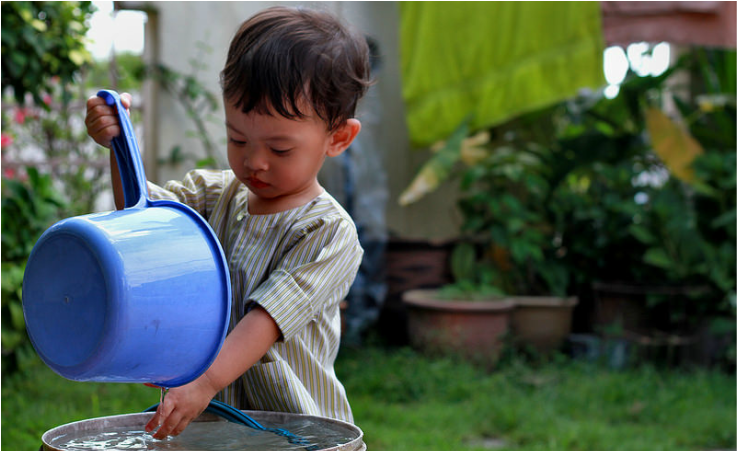
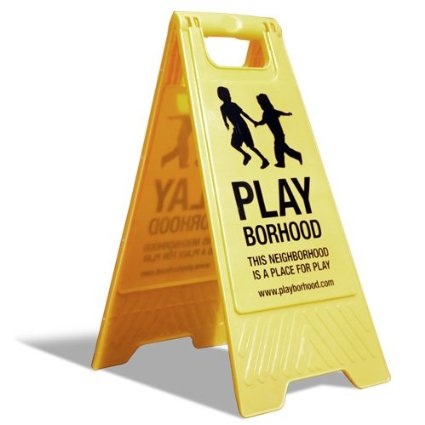
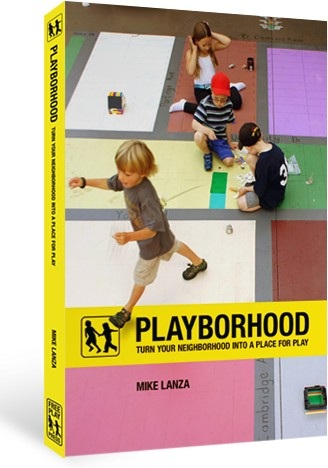
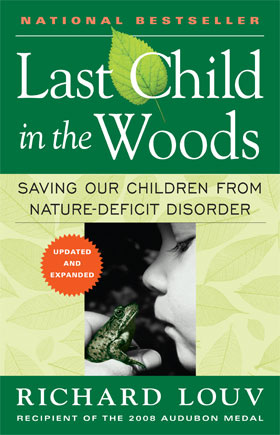
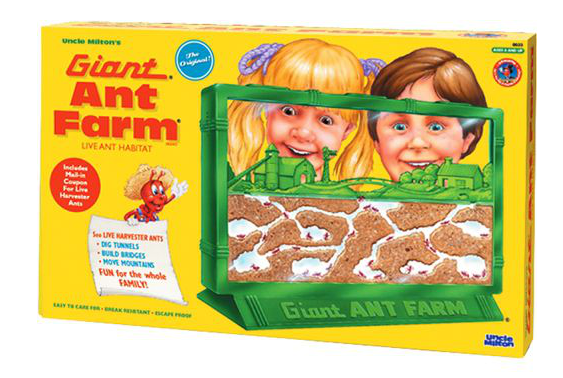

























 RSS Feed
RSS Feed